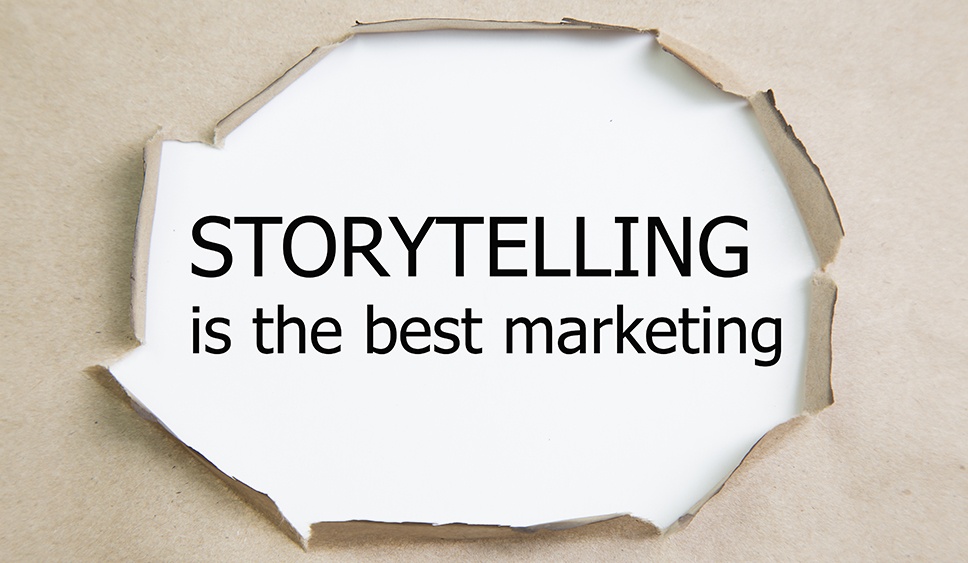
Who was the storyteller? Every family had one. Every family had that one person (it was my great-aunty) who would gather the younger members around, and recount stories of all sorts to set imaginations running wild before bedtime.
Storytelling as entertainment goes back thousands of years, to the days of campfires, grunting and club banging, and it continues to surround us every day. It engages, enchants and creates memorable narratives that can be appreciated and re-told for generations to come.
Successful brands take this emotional engagement factor on board, and build a strong brand narrative for an effective content marketing campaign.
Magners (Method in the Magners), Coke (Happiness), John Lewis (Christmas adverts) all successfully pull on the heartstrings and evoke an emotional attachment with their target audience through the art of telling a story.
If executed well, this narrative will perfectly translate into the social sphere. Brands who are regularly active on social media are creating a steady drip of intrigue to keep their followers checking back to find out more. In turn, this will increase follower numbers as your posts and tweets are shared with your followers’ followers, and so on. Leaving hooks for your online following and drip-feeding tidbits here and there encourages discussion and second-guessing. Then once this follower base is created, the tap can be turned on.
So how do you create the perfect brand narrative strategy?
1. Keep it special - Of course, this will differ across brands, but start off by narrowing down your specialties. What are the USPs that your competitors and others in a crowded market place can't replicate? This should be the basis for your narrative; the foundation from which a clear arc should develop.
2. Be creative - This goes without saying, but top of your list should be actively encouraging your creative team to go bonkers. It’s better to be elaborate and a little OTT, as big ideas can be reined in and turned into something manageable yet still unforgettable. If you start small, the finished product will be even smaller.
3. Engage and nurture - Make sure your audience has a narrative to cling to - something they're genuinely interested in, and something that can act as a good point of discussion in the pub or in the social playground.
So, when you break it down, the concept of including a narrative into your content marketing strategy isn’t so tricky. Just make sure you have a wealth of imagination in-house, or alternatively choose an agency like Cognition, who can help you gather your listeners round, and tell one hell of a story.



